
When teaching a dog a new behavior, it is important to use a lot of positive reinforcement and keep the environment free of distractions. During this learning phase, I ignore mistakes and heavily reward correct choices which increases drive in my dog. I also only work him for short bits of time after getting him in drive (basically, this is when he is 'on' and wanting to work, something I can achieve after a game of tug or fetch) and I always try to end a session while he is in drive and performing a behavior correctly. After I am confident he knows a behavior with no distractions, I slowly add various distractions, then I take the behavior on the road...further proofing and polishing. During this proofing phase, I still do not correct for mistakes. If Roman is making a lot of mistakes, that means I need to back up.
Today, Roman has an incredibly solid sit/down stay and recall. I can down him from a distance while dogs are running by. I can call him to front while he is mid chase. His solid obedience is due to many hours of distraction training. Training also provides me with a positive, uplifting distraction. I once had a woman say to me that she does not train her dogs because she doesn't want 'robots'. I would hardly refer to Roman as a robot. The more training he has, the more freedom he has. Our off leash walks are usually in silence. I never even have to command him (or Tikka). They can run off ahead without me worrying they will run off. They always stop, looking back, "Hurry up!" they pant. If they get caught up with a pack of dogs at the dog park, and I walk off, they chase after me. Our walks have become a silent meditation.


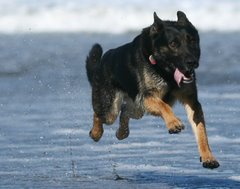
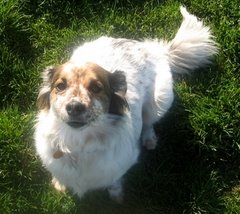
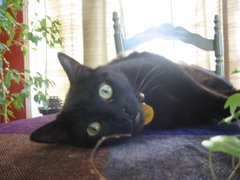
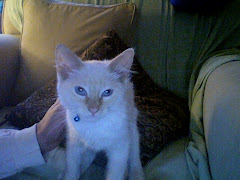
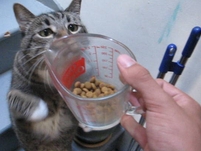

No comments:
Post a Comment